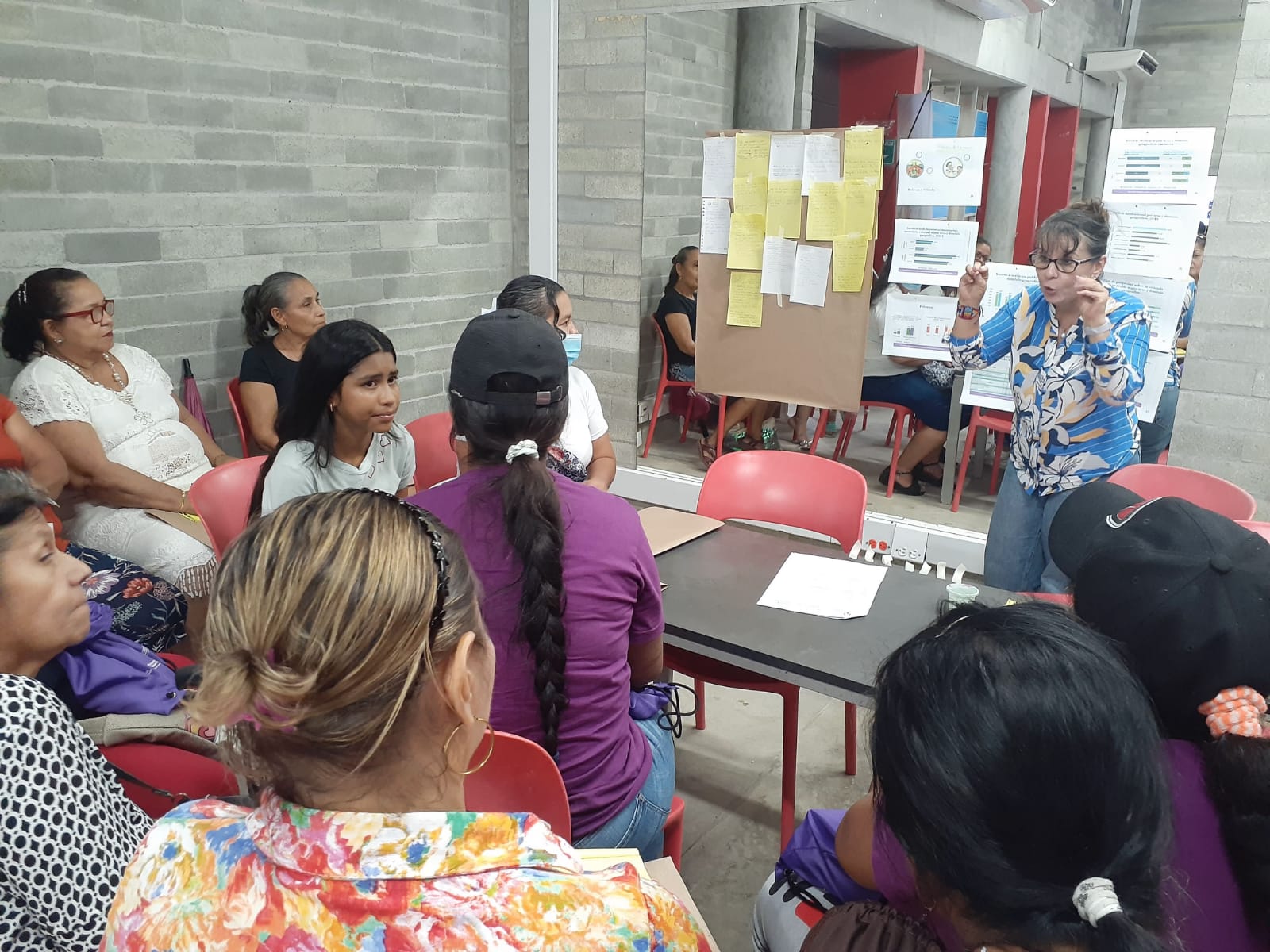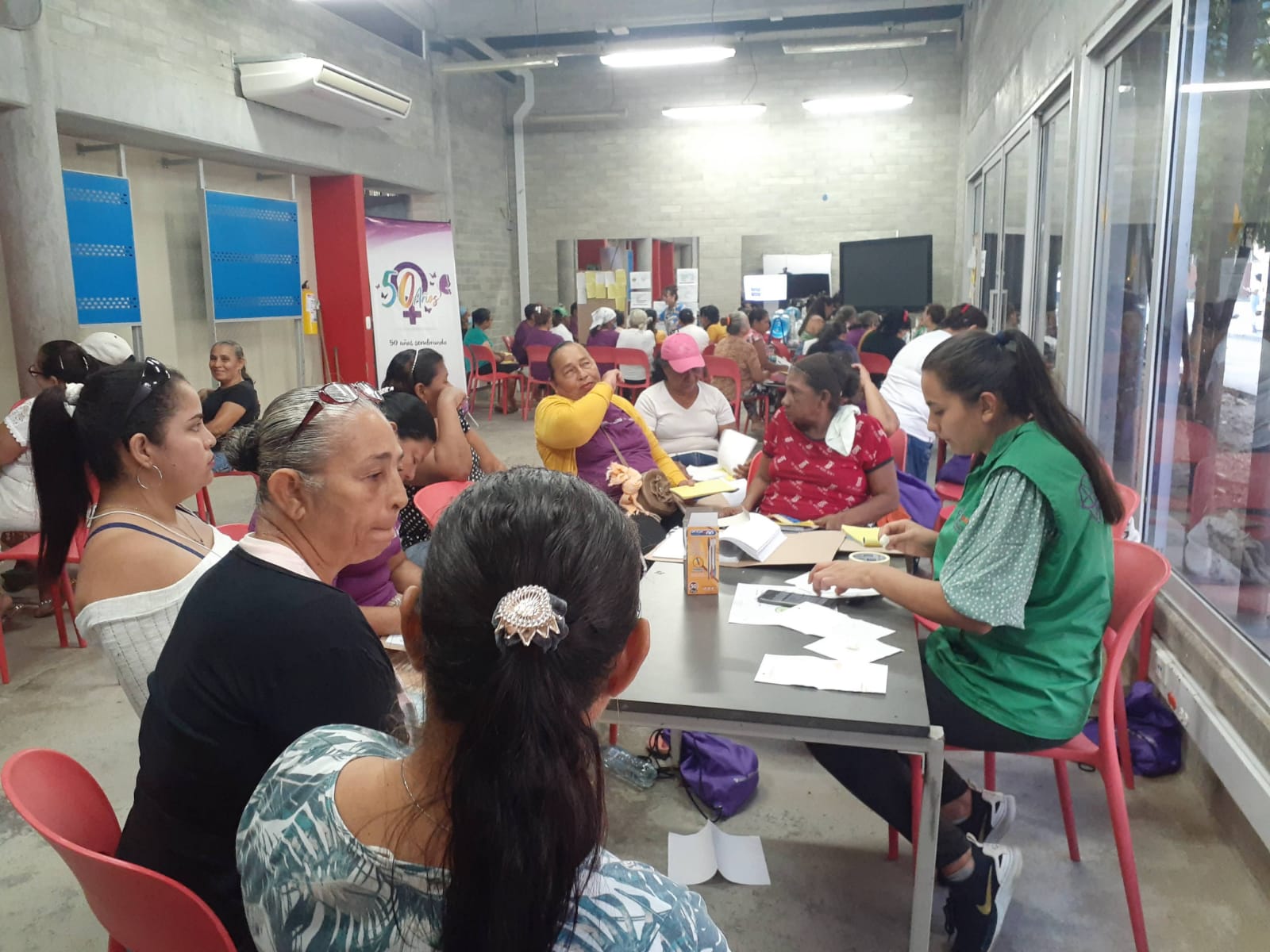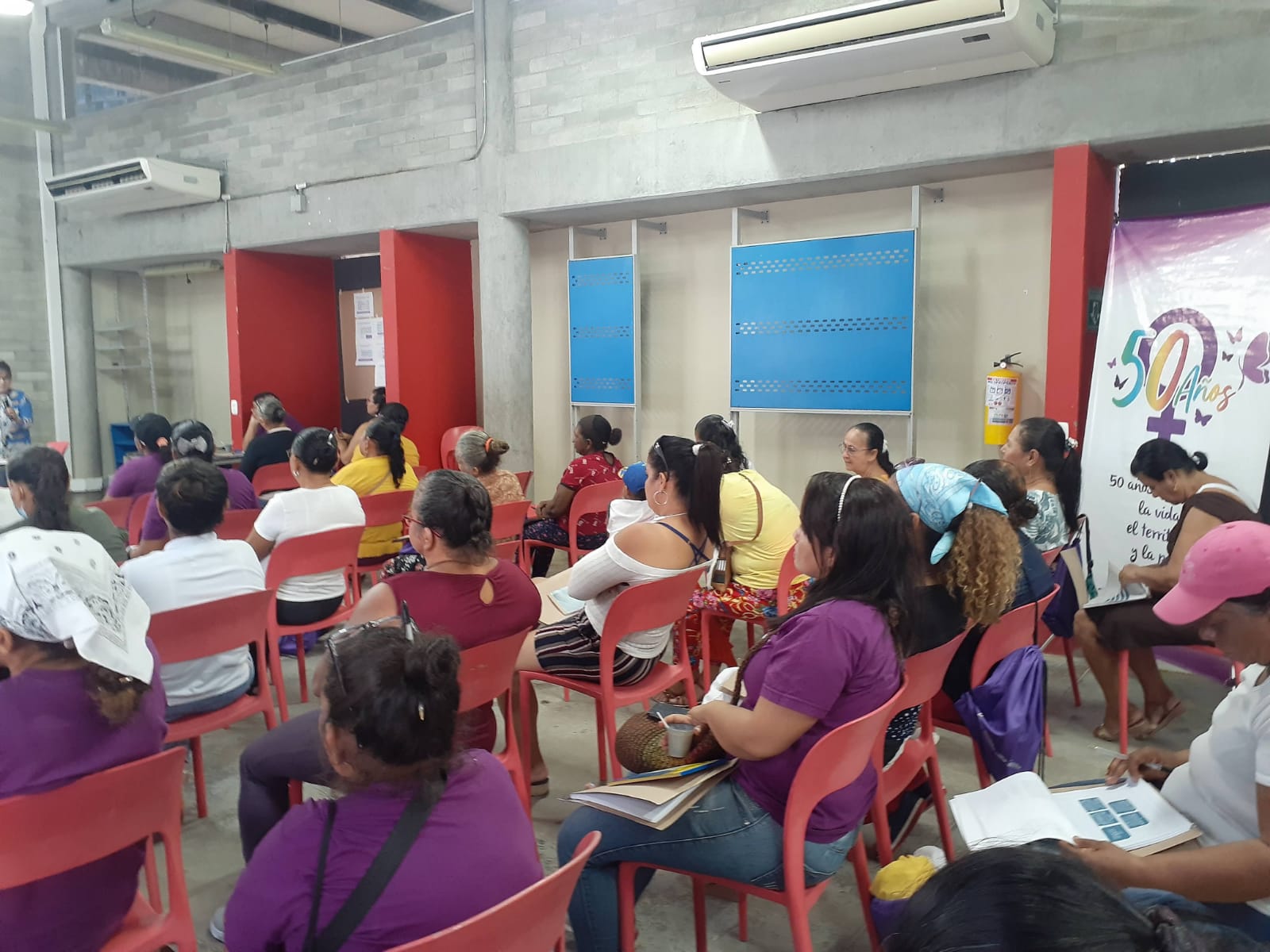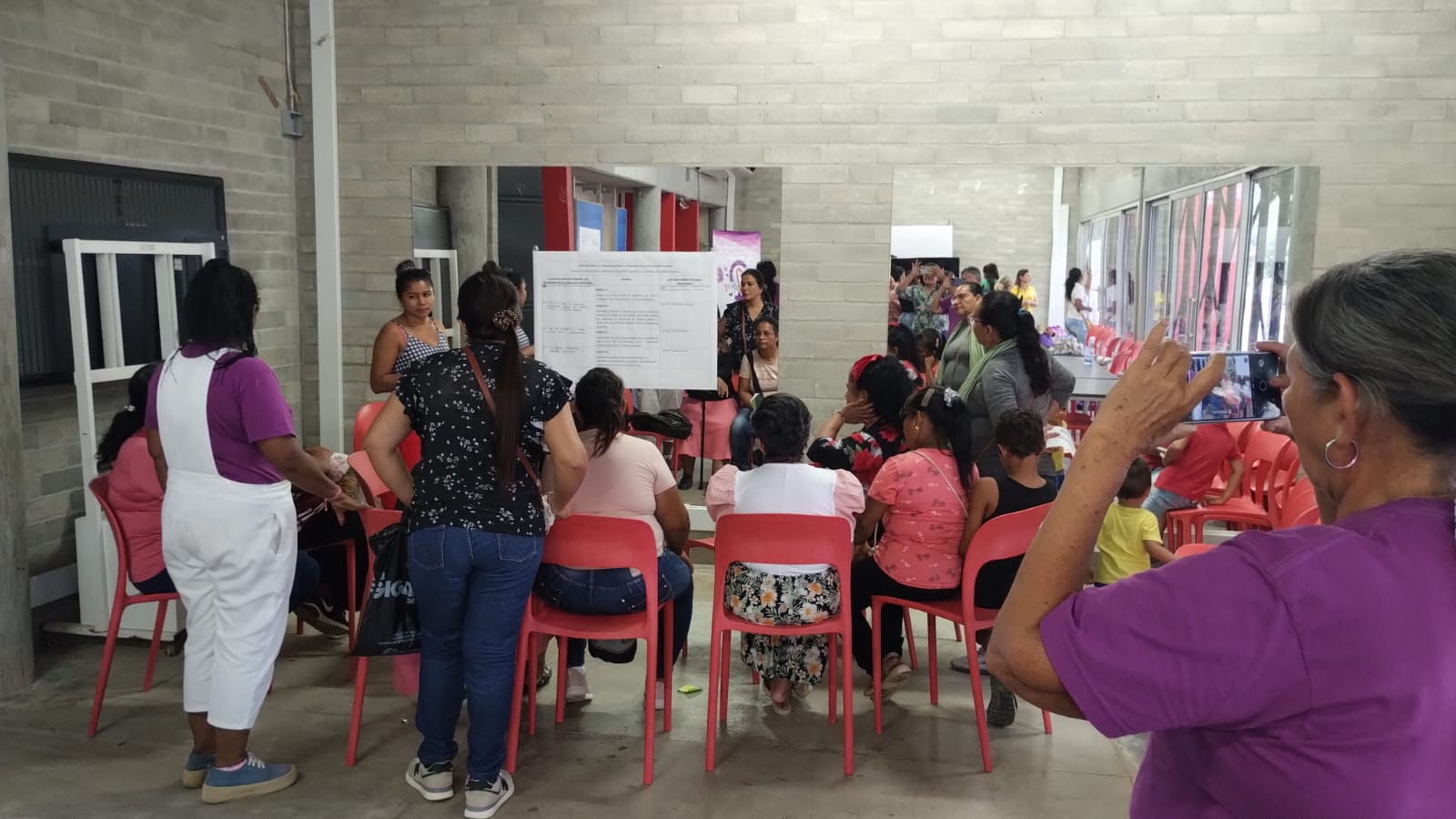Yondó: a land of opportunities for women
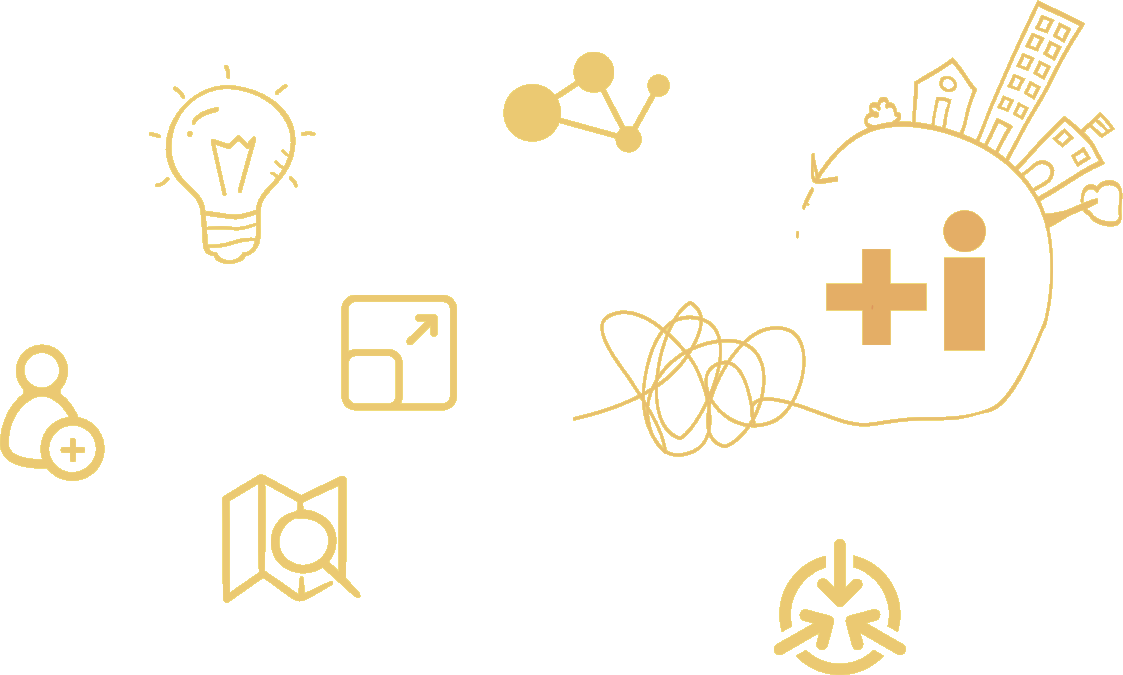
Municipality
Category / Sub-Category / Topic
Human development, Gender
Type of investment needed
Grant
The challenge
The project
Know more...
Investment
(*): In kind/pro bonus
(**): Financing
Funds
Needed
Covered
Solicited
Investment
(*): In kind/pro bonus
(**): Financing
(**)
u$s 7927.00
u$s 0.00
u$s 7927.00
(**)
u$s 7927.00
u$s 0.00
u$s 7927.00
(**)
u$s 2252.00
u$s 0.00
u$s 2252.00
(**)
u$s 5744.00
u$s 0.00
u$s 5744.00
(**)
u$s 5435.00
u$s 0.00
u$s 5435.00
(**)
u$s 2252.00
u$s 0.00
u$s 2252.00
(**)
u$s 3379.00
u$s 0.00
u$s 3379.00
(**)
u$s 33117.00
u$s 0.00
u$s 33117.00
(**)
u$s 4505.00
u$s 0.00
u$s 4505.00
(**)
u$s 2200.00
u$s 0.00
u$s 2200.00
(**)
u$s 3000.00
u$s 0.00
u$s 3000.00
Funds
Needed
Covered
Solicited
Espacios de comercialización-Bazarte: Bienes e insumos para la realizacion de espacios de comercializacion - Bazarte (juegos de sillas, carpas, mesas, datafono, afiches) (**)
u$s 7927.00
u$s 0.00
u$s 7927.00
Materiales y herramientasde trabajo para el desarrollo de capacitación de mujeres constructoras, escuela de emprendimiento y otros (agendas, bolígrados, documentos impresos, boletines impresos, . (**)
u$s 7927.00
u$s 0.00
u$s 7927.00
Campaña de prevencion de violencias: Gastos locativos para campaña de prevención de violencias (refrigerios, almuerzos, alquiler de salón con equipo audiovisual (**)
u$s 2252.00
u$s 0.00
u$s 2252.00
Funds
Needed
Covered
Solicited
Campaña de prevencion de violencias: Diseño de materia audiovisual digital e impreso con contenido educativo para 180 personas (**)
u$s 5744.00
u$s 0.00
u$s 5744.00
Plan de Capacitación Mujeres Constructoras: se desarrollará en 2 cohortes, de 15 mujeres cada uno. 40 horas cada uno. tiempo maximo de realizacion 3 meses (**)
u$s 5435.00
u$s 0.00
u$s 5435.00
Caja de herramientas para la igualdad de género: 64 cartillas parte de kit de material educativo y didáctico para 16 IE (productor gráfico y de contenidos e impresión de material) (**)
u$s 2252.00
u$s 0.00
u$s 2252.00
Escuela itinerante para el emprendimiento rural (gastos de viaje de equipo técnico a 15 corregimientos y 2 veredas y apoyo a transportes a mujeres, refrigerios, alquiler de equipos audiovisuales, material didáctico (**)
u$s 3379.00
u$s 0.00
u$s 3379.00
Funds
Needed
Covered
Solicited
Equipo dinamizador del programa que involucra 1 profesional en Derecho, 1 profesional en Trabajo Social, 1 coordinador-a de proyecto, 1 profesional en Economía (**)
u$s 33117.00
u$s 0.00
u$s 33117.00
Funds
Needed
Covered
Solicited
Refrigerios, almuerzos, viaticos y/o transporte para desarrollo de espacios de capacitación, que involucra 30 mujeres constructoras y 40 beneciarias de asistencia técnica. (**)
u$s 4505.00
u$s 0.00
u$s 4505.00
Costos de contingencia, reserva para hacer ajustes a la luz de sucesos imprevistos tales como inflacion, movimineto de divisas y cuestioones de emergencia sobre terreno (**)
u$s 2200.00
u$s 0.00
u$s 2200.00
Costos indirectos (apoyo administrativo, incluida gestion financiera y de recursos de informacion) (**)
u$s 3000.00
u$s 0.00
u$s 3000.00

